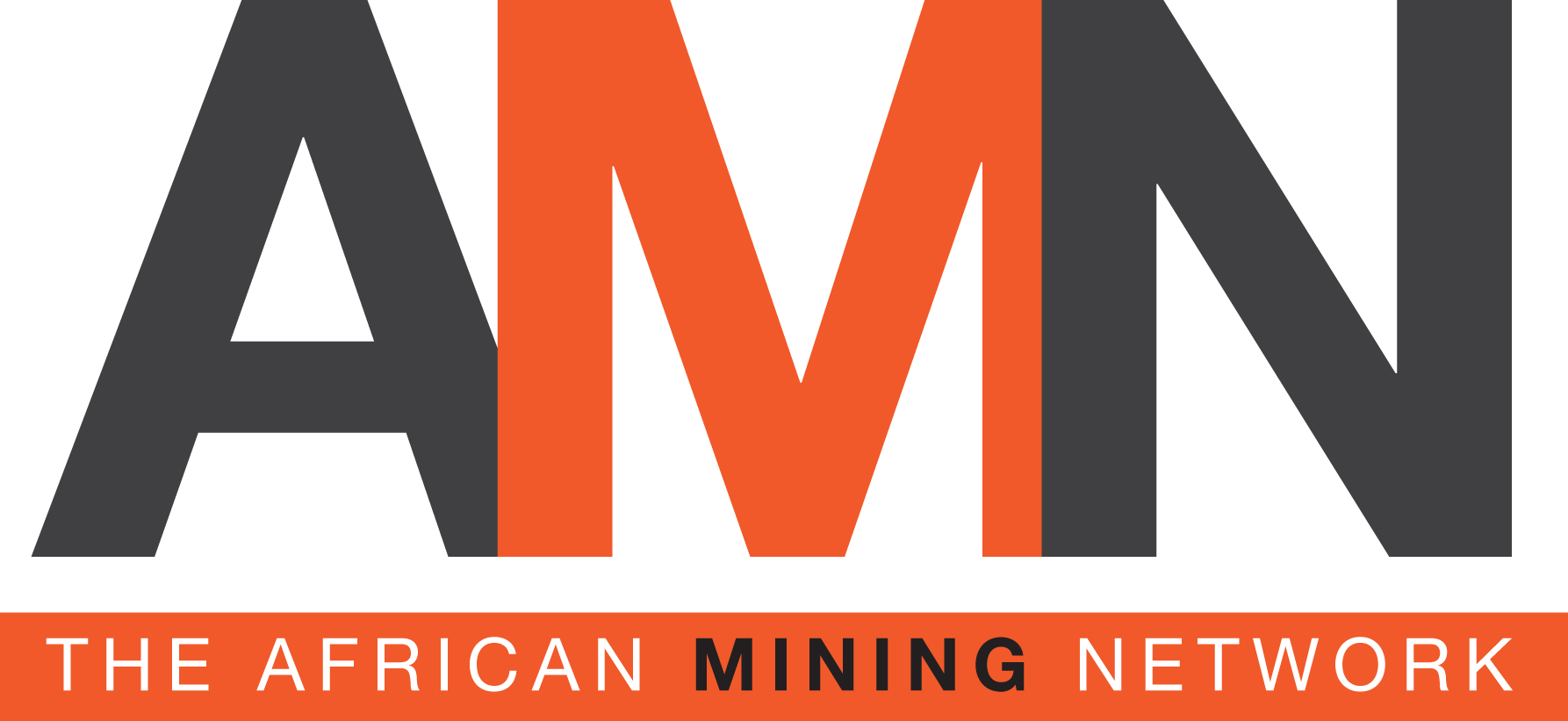- Yolanda Torrisi
- +61 412 261 870
- yolanda@yolandatorrisi.com
- Nina van Wyk
- +27 82 926 3882
- nina@africanminingnetwork.com

West Africa has become a hotspot for mining investment since South Africa’s mining regulations have become more changeable in recent years. Gold is particularly hot in the region with Ghana, Burkina Faso, Mali, Mauritania, Liberia and Sierra Leone all favourable gold mining destinations.
Between 2006 and 2015, 18 new mines were commissioned in West Africa and only four started up in South Africa while some have even closed in South Africa in that time, such as Sibanye’s Burnston mine.
In 2011, gold mining production of 195 tonnes in West Africa surpassed that of South Africa which that year produced 187 tonnes. Production came from Burkina Faso, Ghana, Guinea, Ivory Coast, Mali, Senegal and Sierra Leone.
Investment in mining in West Africa contributed to the increased growth production. In recent media reports, EY Africa mining and metals leader Wickus Botha said that while there aren’t necessarily more deposits in West Africa compared with South Africa, the region is currently a slightly better environment to operate in.
For already-established operations he said the risks were a lot more manageable in South Africa, whereas the level of uncertainty and costs involved made starting a new project riskier and more expensive.
“In South Africa, once you’re past the capital investment hurdle, the risks are much more manageable,” Wickus Botha said. But it’s very different for new capital because investors require a higher return for perceived uncertainty. And this is likely to be part of the reason why there is little investment in new projects in South Africa.
Cadiz Corporate Solutions’ mining analyst Peter Major, a past speaker at the African Mining Network events, agrees, saying that the growing interest in West Africa and other African countries is largely due to the difficulty in starting new projects in South Africa.
“We’re on the phone every day with investors calling us seeking mining projects, and their main criteria is that the projects mustn’t be in South Africa,” Peter Major said that not one gold mine shaft had been sunk in South Africa over the past 10 years and companies were simply extracting whatever is left at the existing mines.
Sinking deeper shafts for the Witwatersrand deposits is significantly costlier in South Africa than in West Africa, where most of the mineralisation is sub-vertical, meaning companies can mine ore from the surface and it’s materially cheaper.
Wickus Botha says companies have had to come to terms with the fact that regulations oscillate and are complex in South Africa. What they need to do is drive down the cost of production. Meanwhile in West Africa gold mining production is not as labour intensive as South Africa and organised labour is not as big a deal as it is in South Africa.
An issue for West Africa, and Africa in general, is energy security, hence companies are generating their own power.
However, building energy infrastructure has been costly for companies and has not benefitted the local community. In 2000, mines in Africa spent around $15.3 billion on electricity and operating costs to install 1590 megawatts of generating capacity, none of which has made it into a national grid.
South Africa’s challenges such as deep expensive mines, high power costs, low-productivity and under-investment, are mainly unique to the country, however in West Africa, the biggest challenge is security, or lack thereof of, due to civil unrest, especially in certain parts of Mali.
- Yolanda Torrisi is Chairperson of The African Mining Network and comments on African mining issues and the growing global interest in the African continent. Contact: yolanda@yolandatorrisi.com

